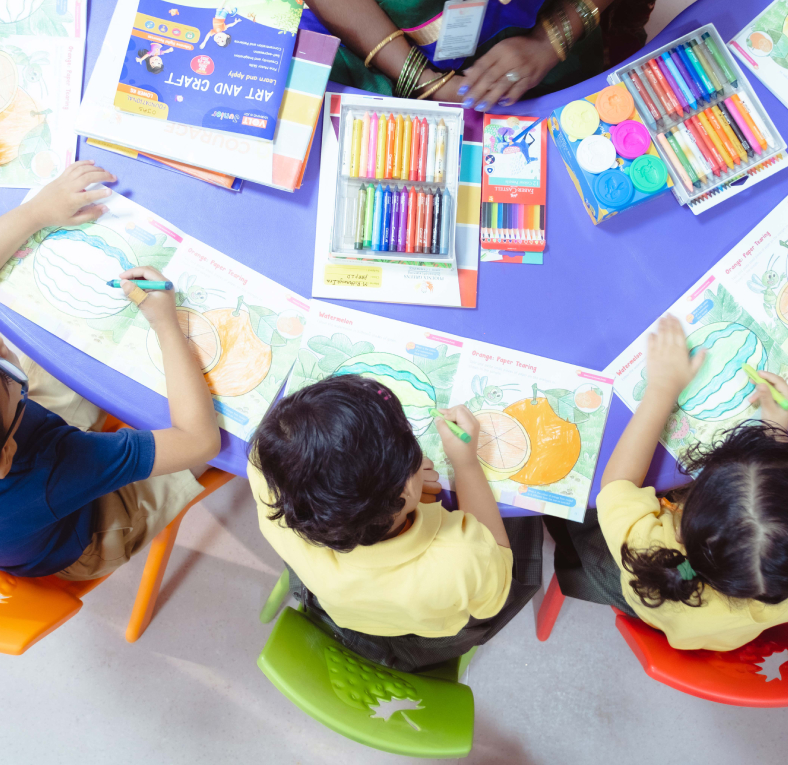How the Cambridge Curriculum Encourages Critical Thinking
At Phoenix Cambridge, we believe that fostering critical thinking in students is not just about teaching them how to excel in exams, but also about empowering students to become independent, innovative, and thoughtful individuals.
As the Head of Cambridge at Phoenix Cambridge, I’ve had the privilege of seeing firsthand how our approach to fostering critical thinking truly impacts our students. In our classrooms, critical thinking isn’t just a theoretical concept; it’s brought to life in ways that challenge and engage our students every day. One experience that stands out was when our primary students were exploring the rectilinear propagation of light. Rather than just memorising facts, they were actively involved in experimenting, asking questions, and discovering the phenomenon for themselves. It was a joy to watch their curiosity unfold as they questioned what they thought they knew and tested their ideas with real-world experiments.
Students at Phoenix Cambridge are empowered to take ownership of their learning. They’re encouraged to dig deeper, challenge assumptions, and think critically about the world around them. The students didn’t just accept the concept of light travel – they examined, discussed, and debated it, applying their understanding in ways that went far beyond textbooks.
Leading the Cambridge team at Phoenix Cambridge, it’s fulfilling to see students becoming independent thinkers. There’s a sense of pride in watching the mask profound questions, offer innovative ideas, and arrive at conclusions that reflect their growing understanding. This environment of intellectual curiosity is a direct result of the Cambridge curriculum, where critical thinking isn’t just encouraged – it’s embedded in every lesson, every discussion, and every activity. It’s a transformative experience for both students and the teachers, creating a community of learners who are eager to engage, challenge, and explore.
Another effective way to develop critical thinking in students is through debates and discussions. In these activities, students are asked to take a stance on a particular issue and defend their position with evidence. This encourages them to evaluate different sides of an argument, consider counterarguments, and articulate their thoughts clearly. For instance, in an English class, students debated on the topic ‘Is it better to learn from teachers or the internet?’ During discussions, it was noticed that the students didn’t just talk about what they had learned. They started researching the topic, presented their viewpoints along with supporting statements. It’s a privilege of the teachers to guide them through this process, to be part of their intellectual journey, and to witness their growth as independent thinkers.
Similarly, in a Global Perspectives class, students were asked to investigate a local environmental issue, ‘the impact of plastic waste’. They formed questions, conducted research, and presented their findings to the class, developing their critical thinking abilities as they explored the topic in depth. This is how students are empowered to take ownership of their learning.
In a Geography lesson, students created a mind map to explore the causes and effects of global warming. This visual representation helped them see the connections between different factors, such as industrialisation, deforestation, and pollution, allowing them to think critically about the broader implications of each factor.
Personally, seeing these moments of insight in students is what makes the approach of teaching and learning so fulfilling. There’s nothing more gratifying than watching students come to their own conclusions, question assumptions, and find joy in their discoveries. Each class is a new opportunity to nurture their curiosity and watch them develop the skills they need to think critically and navigate the complexities of the world. The Cambridge curriculum at Phoenix Cambridge has provided both teachers and students with the perfect environment to thrive, making every lesson an exciting step towards greater understanding.



